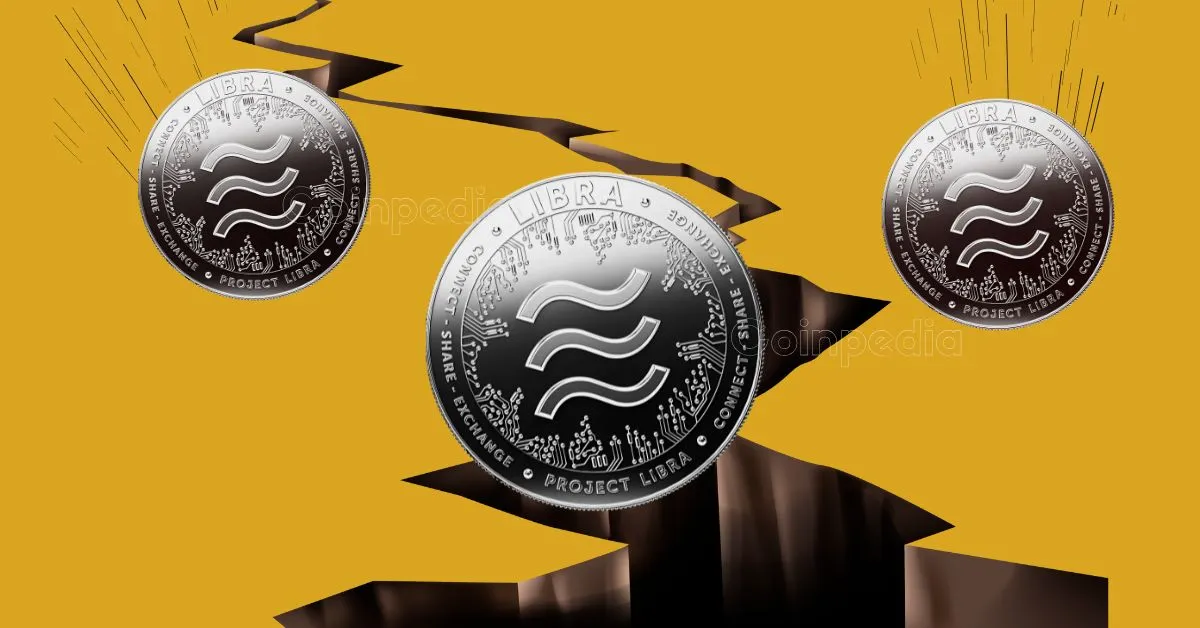
Argentine President Javier Milei promoted the LIBRA token, saying it would help small businesses. But instead of excitement, his post on X raised concerns, with many suspecting a potential scam. Facing backlash, Milei quickly deleted the post, insisting he had no financial ties to the project.
Milei has been pushing economic reforms, but foreign investors remain cautious. While inflation is easing and new policies are in place, businesses continue to leave. The country also faces U.S. trade tariffs and struggles in key industries, making a full recovery uncertain.
At first, LIBRA seemed like a success, reaching a $4.5 billion valuation within hours. But the excitement didn’t last. Reports surfaced that developers withdrew $87 million in USDC and SOL from the project, causing the token’s price to plunge 85%. Investors panicked, and those who bought in early saw average losses of over 56% on their initial investment.
Blockchain analysts soon detected unusual activity. On-chain expert EmberCN found that certain wallets had withdrawn funds from exchanges before Milei’s post, then bought LIBRA immediately after and sold once the price spiked. These insiders reportedly made around $20 million in profit.
Adding to the concern, about 82% of LIBRA’s supply is controlled by a few connected wallets. This concentration gives a small group significant control over the token’s price, raising fears of manipulation.
Amid the controversy, Justin Sun
Meanwhile, some X users weren’t surprised, seeing this as another case of powerful figures executing a well-planned financial scheme.
LIBRA is connected to KIP Network Inc., the company behind the KIP Protocol, a Web3 project backed by Animoca Ventures. KIP Network has been involved in Argentina’s crypto space and even worked with the Buenos Aires government. However, their role in the LIBRA sell-off is unclear, leaving many investors feeling uneasy.
Coinbase’s head of product, Conor Grogan, commented on the situation. He said that major token launches like this are usually planned long before they go public. His comment suggests that LIBRA may have been designed to grab quick cash from the start.
LIBRA’s collapse is similar to the Central African Republic’s CAR token. That project also made big promises, briefly reaching a $1 billion market cap before crashing below $20 million. Both cases serve as warnings that a government connection doesn’t guarantee a crypto token is a safe investment.
Once again, the crypto world proves that when it comes to high-risk tokens, even a government connection doesn’t guarantee stability.
Bitdeer has expanded its Bitcoin reserves with the addition of 38 BTC, raising its total…
Andreessen Horowitz partner Alex Rampell warns U.S. banks are implementing “Chokepoint 3.0,” raising fees, restricting…
July 2025 saw cryptocurrency hacks jump by 27%, reaching $142 million in losses across major…
Despite former President Donald Trump’s repeated calls for lower interest rates, the U.S. Federal Reserve…
The SEC's crypto task force is heading out on a national tour to hear directly…
Ethereum's price has come under notable pressure, falling below key psychological and technical levels. The…